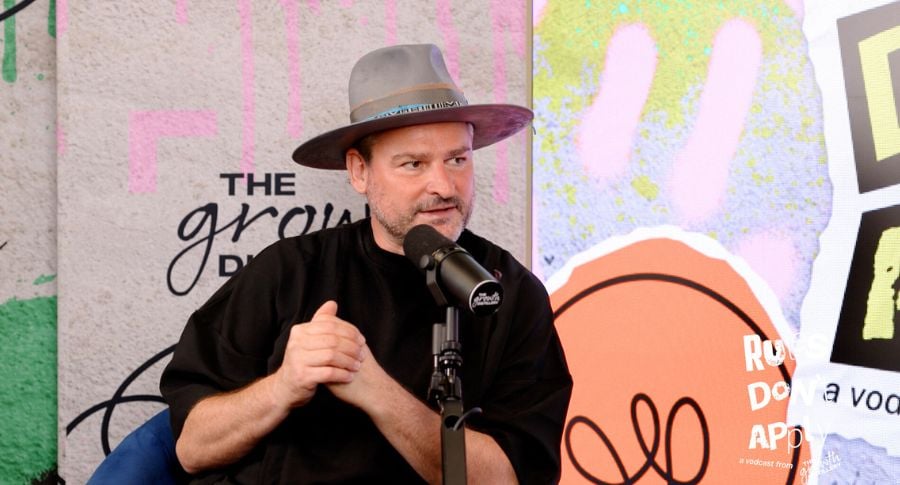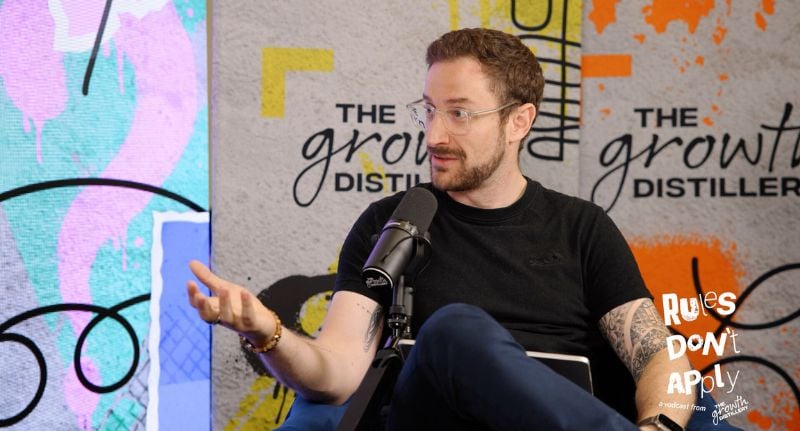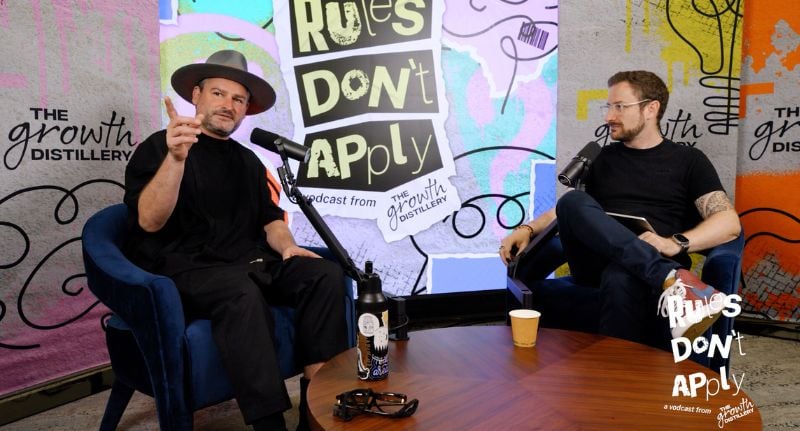Former Google Chief Innovation Evangelist and current Stanford educator, Dr Frederik G. Pferdt, says the most powerful tool for innovation isn’t technology – it’s curiosity.
Speaking with Dan Krigstein, Director of The Growth Distillery, during SXSW 2025, Pferdt urged business leaders to rethink how they define the future and their role in shaping it.
“Most people want to know what the future is about – what will the future bring,” he said. “But the better question is: what future do I want to create, and what am I doing right now to create it?”
Pferdt spent more than a decade at Google as the company’s first Chief Innovation Evangelist, building a culture that helped over 100,000 employees – from engineers to executives – “embrace curiosity, ambiguity and imagination.”
“I never liked job titles,” he told Krigstein.
“So I created my own. My goal was to nurture the capacity of every employee to innovate, to grow, and to use their creativity for the better and the good.”
Now teaching at Stanford and advising companies and governments, Pferdt describes himself as a “non-futurist” – someone helping people build a healthier relationship with what’s ahead.
“The future belongs to the curious,” he said. “It doesn’t belong to those who know what’s coming – it belongs to those excited enough to explore it.”

Dr Frederik G. Pferdt
Innovation as an emotional process
Pferdt rejects conventional definitions of innovation.
“I’m totally bored by definitions,” he said. “What matters is understanding that innovation is an emotional process.”
From the first spark of dissatisfaction with the world, to the elation of ideation and the pain of failure, innovation is an emotional rollercoaster that leaders must learn to navigate.
“Everybody’s an innovator,” he said. “But innovation is emotional – and understanding that emotion is critical if you want to move culture forward.”
At Google, Pferdt introduced rituals to bring values to life – like the Penguin Award, inspired by the first penguin that jumps into icy water. The small, symbolic reward recognised employees for taking risks rather than waiting for success.
“We rarely reward people for courage,” he said. “But when we did, the level of risk-taking actually increased across teams.”
Curiosity, optimism, empathy
Throughout the conversation, Pferdt and Krigstein discussed the traits that underpin creative, future-ready organisations – curiosity, optimism and empathy.
“Ask yourself: how do you train curiosity?” Pferdt said. “Are you creating space for play, for asking better questions, for talking to the last person in the room?”
He added that optimism is equally vital: “I’ve never seen a pessimist put a wild idea into the world. A radically optimistic person looks at a half-full cup and says, ‘there’s potential to fill it even further.’”
For leaders, empathy is the final piece – especially in times of pressure and automation. “The research shows the more empathy you show, the better human being, teacher, or partner you become,” Pferdt said.
“It’s something we should be training in our companies as much as efficiency.”

Dan Krigstein, Director of The Growth Distillery
Smelling the future
Pferdt also described how he uses sensory rituals to ground optimism and curiosity. With his nine-year-old daughter, he created a scent they call “the smell of the future” – a small act that turns anxiety into anticipation.
“When you can do it with a nine-year-old, you can do it with every leader,” he said.
“Instead of reaching for your phone in the morning, smell the future and ask: what do I want to create today?”
It’s a fitting metaphor for a man who has spent his career helping people reimagine what innovation feels like.
“Stop asking what the future will bring,” Pferdt concluded. “Start asking what future you want to create – and take the first step toward it.”
